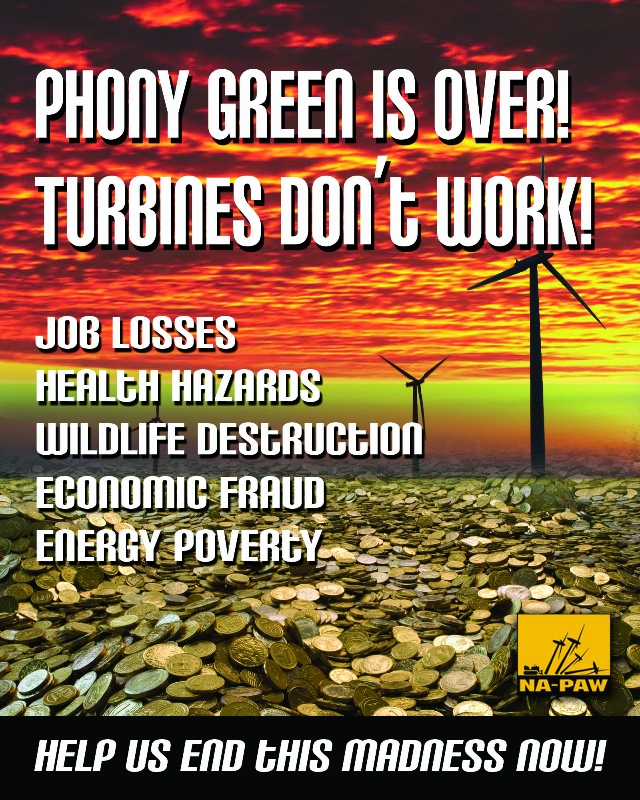
By Josh Saul and Will Wade (Bloomberg) —https://gcaptain.com/americas-offshore-wind-farms-face-headwinds/
Plans for massive offshore wind farms that President Joe Biden hopes will power as many as 10 million American homes by 2030 are starting to wobble.
On Monday, New Jersey utility Public Service Enterprise Group Inc. said it’s deciding whether to pull out of Ocean Wind 1, a proposed project in the Atlantic Ocean that would generate 1.1 gigawatts — enough for 500,000 homes. Less than two weeks earlier, New England utility Avangrid Inc. said its similarly sized Commonwealth Wind project was no longer viable because of higher costs and supply chain woes.
Offshore wind projects are “facing a number of headwinds,” said Timothy Fox, vice president of the Washington-based energy research firm Clearview Energy Partners, and it’s possible “other projects get delayed.”
Soaring inflation, rising interest rates and supply chain snarls around the world are threatening to hobble the offshore wind boom that both federal and local policy makers have been planning for years off the US East Coast. While offshore farms are seen as critical to ridding the US power grid of fossil fuels and avoiding the worst effects of climate change, they’re also extremely capital and labor intensive. The Ocean Wind 1 project, for example, wouldn’t be ready to start delivering power until late 2024.
A representative for PSEG said by email that the company has been reviewing its 25% equity stake in Ocean Wind 1, majority-owned by the Danish energy giant Orsted AS, on an ongoing basis. PSEG Chief Executive Ralph LaRossa said on a call with investors Monday that the company was reviewing the costs of the project, and another executive said not going forward with the project was an option on the table.
In July, David Hardy, chief executive of Orsted Offshore North America, was quoted by Recharge, a renewable-energy news outlet, telling attendees at a conference that surging inflation presents a real challenge to the company’s short-term plans for offshore wind in the US.
The review by PSEG comes less than two weeks after Avangrid, which is majority-owned by Spanish energy company Iberdrola SA, told Massachusetts regulators that its 1.2-gigawatt Commonwealth Wind project is no longer economic under current power-purchase agreements. Higher prices and ongoing supply chain constraints are straining the project’s finances, the project’s lawyers said in an Oct. 20 filing.
“Global commodity price increases, in part due to ongoing war in Ukraine, sharp and sudden increases in interest rates, prolonged supply chain constraints, and persistent inflation have significantly increased the expected cost of constructing the project,” the attorneys said in the filing.
Avangrid said last month that it was pushing back by a year the startup dates for both Commonwealth and another wind project, Park City, due to headwinds including inflation and higher interest rates, supply chain shortages, problems with resources and rising commodity prices.
All of the wind farms have been in the works for years, and their financial models have shifted in the face of rising interest rates, inflation and supply-chain bottlenecks, said Paul Patterson, an analyst for Glenrock Associates. “These are complicated and expensive projects,” he said. (Copyright, Bloomberg.)




